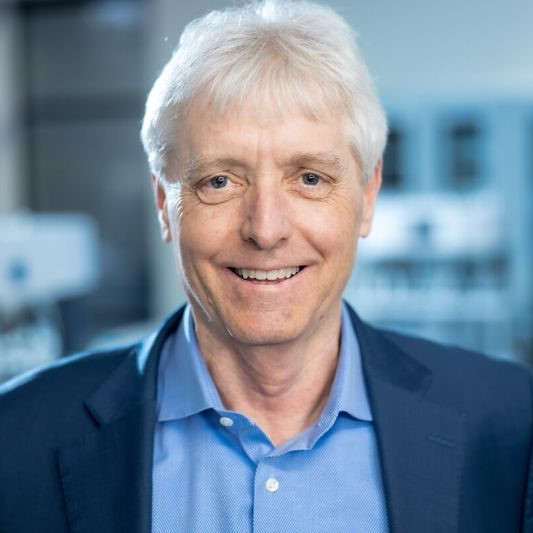Small molecule contract manufacturer Serán Bioscience is building its first commercial-scale manufacturing facility, backed by a $200 million investment from Bain Capital and others.
“We are pushing pretty aggressively toward having that ability to take a client from discovery all the way to manufactured medicines for patients,” CEO Dan Smithey told Endpoints News in an interview.
The new facility will be located in Bend, OR, and will open in 2026. Around 150 new jobs will be created, adding to the 200 employees already working at Serán’s clinical-stage site that’s also in Bend. That site recently expanded to double Serán’s clinical manufacturing capacity.
The new commercial facility will house continuous and automated manufacturing to speed up production for oral, pulmonary and nasal delivery therapies. It will house capabilities in spay dying, hot melt extrusion, nano-milling, and fluid-bed manufacturing, according to the company’s release on Tuesday.
 Dan Smithey
Dan SmitheyAnother facility for labeling and packaging is also being built next to the new commercial factory and will open next year, Smithey said.
Initially, Serán looked at trying to acquire a facility instead of building one from scratch, he said. But a lack of “really excellent science and engineering” in the CDMO space led Serán to construct its own site.
Bain led the new investment, Serán said, and Vivo Capital remains a major investor.
Small molecule demand increases
Smithey predicted demand for small molecule manufacturing will pick up “pretty substantially” despite some service providers, like Charles River Laboratories, seeing pharma customers cutting back on their R&D spending. There’s also likely to be a demand for increased US capacity from the Biosecure Act, Smithey said. The legislation is making its way through Congress and would limit biopharma companies from working with some Chinese contractors.
Since the introduction of the bill, which was passed in the House last week, some clinical and research programs have slowed as pharma companies reliant on outside contractors rethink their relationships, Smithey said. “If the chemistry can’t get done, then less molecules are going to be pushed off to development,” he said.
However, Serán has been “pretty steady” and expects demand for small molecule manufacturing to creep up after the US general election and after interest rates decline. “Some small companies are now starting to come to us and ask for more work already,” Smithey said.